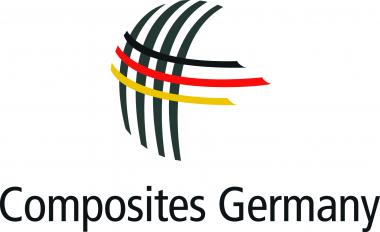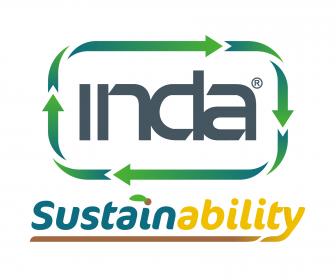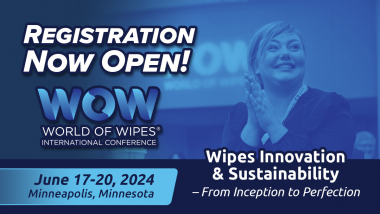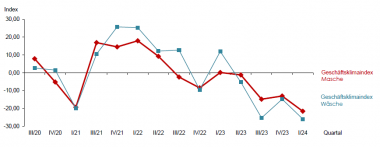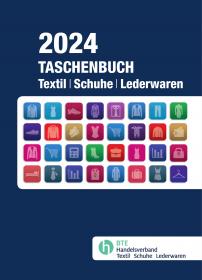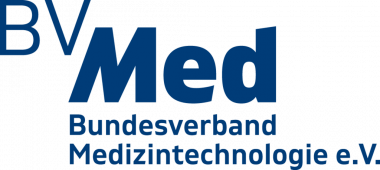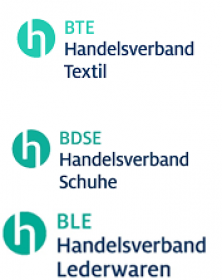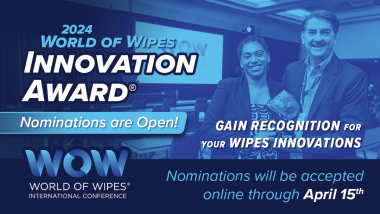ACIMIT: Italian textile machinery orders remain stationary
In the fourth quarter of 2023 Italian textile machinery orders index, drawn up by the Economics Department of ACIMIT, the Association of Italian Textile Machinery Manufacturers, appears to be stationary compared to data recorded for the same period in 2022. In terms of absolute value, the index stood at 82.4 points (basis: 2015=100).
This is the result of an upswing in orders from foreign markets, counterbalanced by declining orders on the domestic front. While orders in Italy decreased at 18% rate, a 4% increase was observed abroad. The absolute value of the index on foreign markets amounted to 77.9 points, whereas it came in at 126.2 points domestically. Overall for the fourth quarter, the average order backlog yielded 3.7 months of assured production.
For the whole 2023 year, the index declined 25% overall compared to the 2022 average (absolute index of 82.4). On the home front however, the index dropped 24% (absolute index of 124.5), while slipping 25% abroad (absolute index of 78.4).
ACIMIT president Marco Salvadè commented: "The orders index for October – December 2023, as elaborated by our Economics Department, confirms an intake of orders that is still weak, with a negative trend in demand for machinery that is ongoing for the domestic market."
Nonetheless, the orders index abroad shows a slight increase. We estimate that the global geopolitical context is still a source of concern,” continued Salvadè, specifying that, “For the first nine months of 2023, Italian exports on major global markets (i.e. China, Turkey, India and the United States of America), confirm a widespread decline. However, some positive signs emerged in the fourth quarter of last year, as reflected by the latest orders index. For 2024 we expect a consolidation of this trend reversal."
ACIMIT - Association of Italian Textile Machinery Manufacturers





